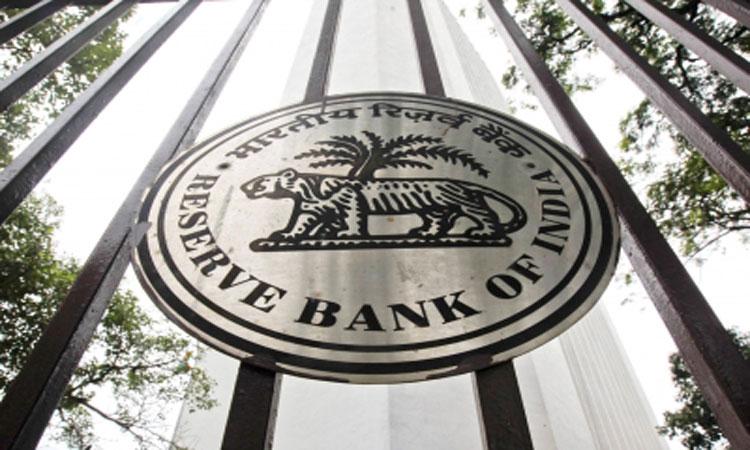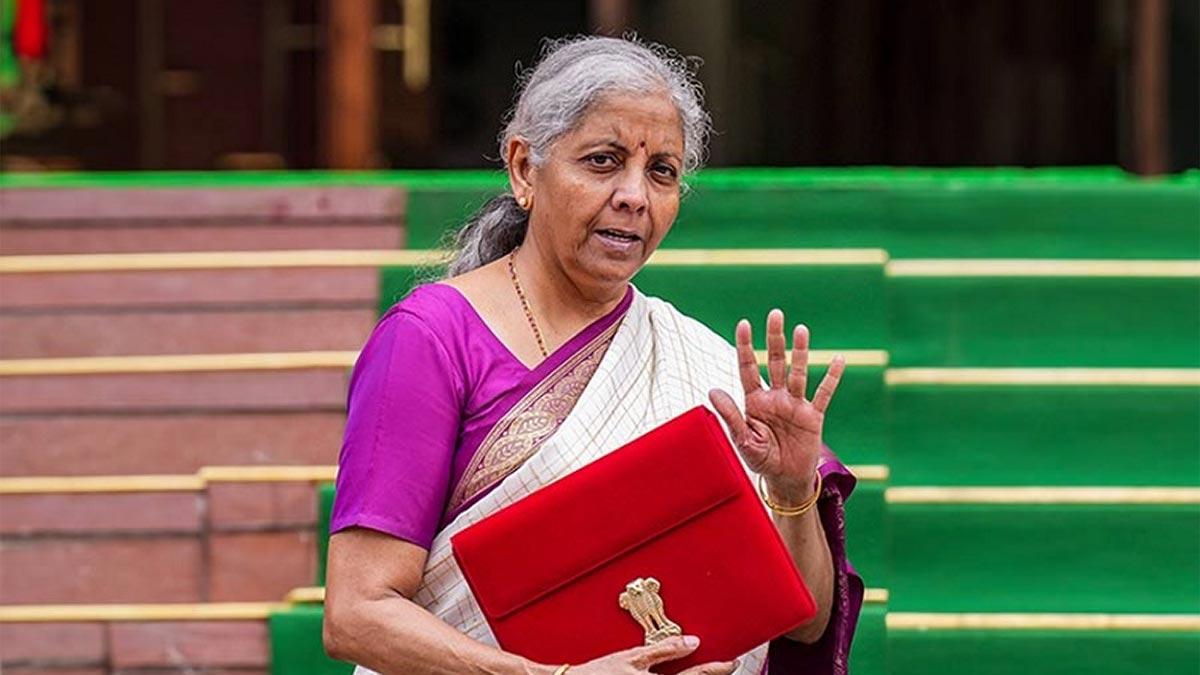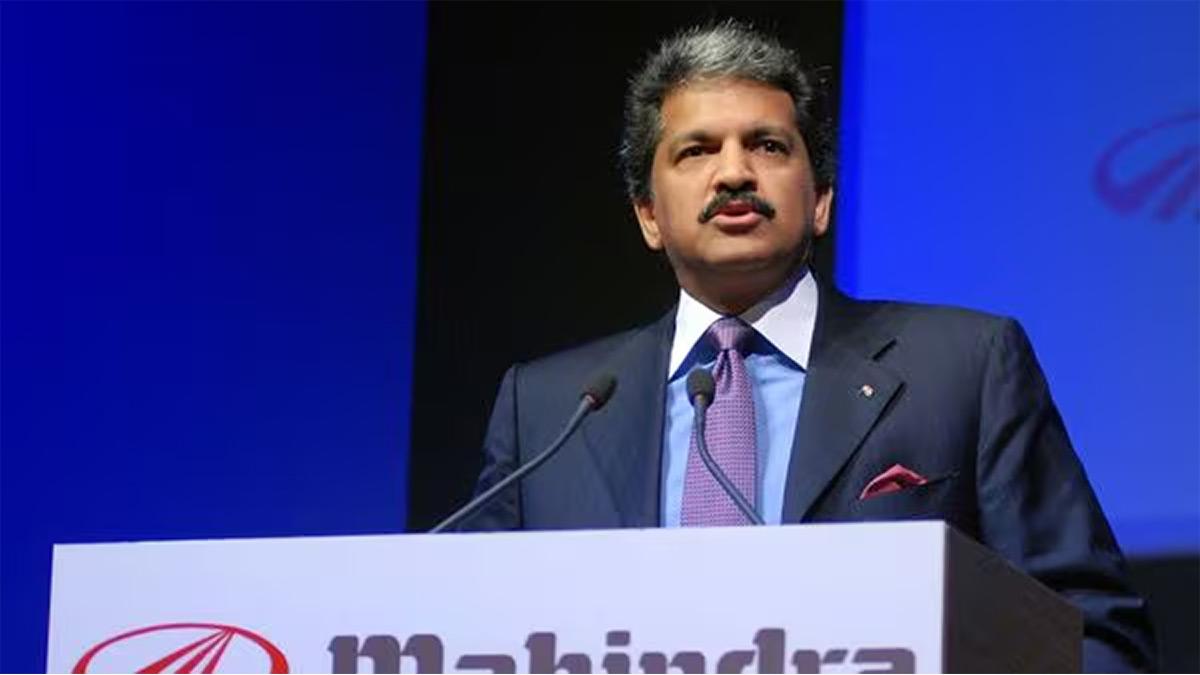The proposed Central Bank Digital Currency (CBDC) platform is expected to generate huge sets of data in real time which could also be useful for enforcing money laundering regulations, a concept note prepared by the Reserve Bank of India (RBI) has said.
Finance Minister Nirmala Sitharaman had announced in her budget speech in February that the RBI would come up with a CBDC during the current fiscal.
"After factoring in the concerns related to anonymity, appropriate analytics of Big Data generated from CBDC can assist in evidence-based policy making. It may also become a rich data source for service providers for financial product insights," the note said.
Further, the data would be highly useful for enforcing money laundering regulations. It may also generate intelligent leads that may assist in curbing non-compliance of existing rules and regulations, thus assisting in risk-based approach to curb money laundering by identifying potential risks and assisting in developing strategies to mitigate them, it said further.
The RBI note, therefore, underlined that it is important that while crystallising the design choices in the initial stages, the technical choices should not be frozen.
Also Read | US offer to help India in chip manufacturing just lip service: China
"As technology evolves, the policy related, and security related considerations shall also change. Therefore, it is necessary to have an open-ended flexible approach while zeroing in on the technical choices," the note said.
"It is also necessary that while engaging any technology service provider, there should not be a vendor lock in and in case any proprietary systems are being used, there should be enabling clauses to allow complete ownership by the Central Bank," the note said.


















